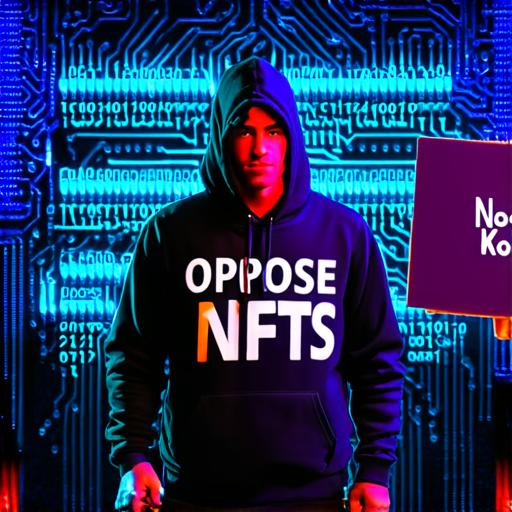Here’s the corrected HTML code for the article:

NFTs, or non-fungible tokens, have been gaining popularity in recent years as a unique way to own digital assets. These digital assets can range from art and music to collectibles and even real estate. However, not everyone is on board with the concept of NFTs, and there are several reasons why some individuals oppose them.
One reason for opposition to NFTs is that they are often seen as a form of speculation or investment rather than a legitimate asset class. This is because NFTs are relatively new and not widely understood, making it difficult for investors to accurately value them. Additionally, the market for NFTs can be highly volatile, with prices fluctuating wildly in short periods of time.
Another reason for opposition to NFTs is that they can create a sense of exclusivity and elitism. Because NFTs are unique and one-of-a-kind, they can be used to create limited edition digital assets that are highly sought after by collectors. This can create a situation where only a select few individuals have access to these assets, leading to resentment and inequality.
Furthermore, some individuals may also oppose NFTs because of the environmental impact of blockchain technology, which is used to store and transfer NFTs. Blockchain technology requires a significant amount of energy to operate, leading to concerns about its sustainability and potential negative impact on the environment.
Finally, there are some who simply don’t understand the concept of NFTs or see them as unnecessary. They may view NFTs as a fad or a passing trend rather than a legitimate form of ownership and investment.
In conclusion, while NFTs have many potential benefits, there are also several reasons why some individuals may oppose them. These include concerns about their speculative nature, exclusivity, environmental impact, and lack of understanding. Ultimately, it is up to each individual to decide whether or not NFTs are a good fit for their investment strategy and personal values.
